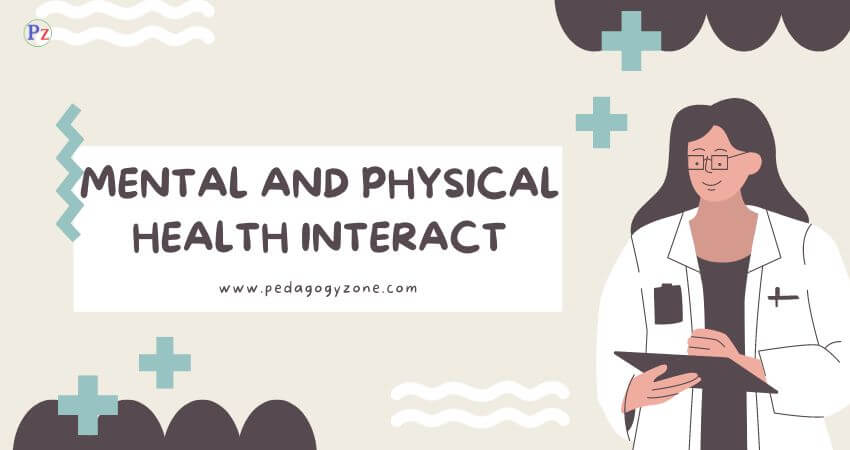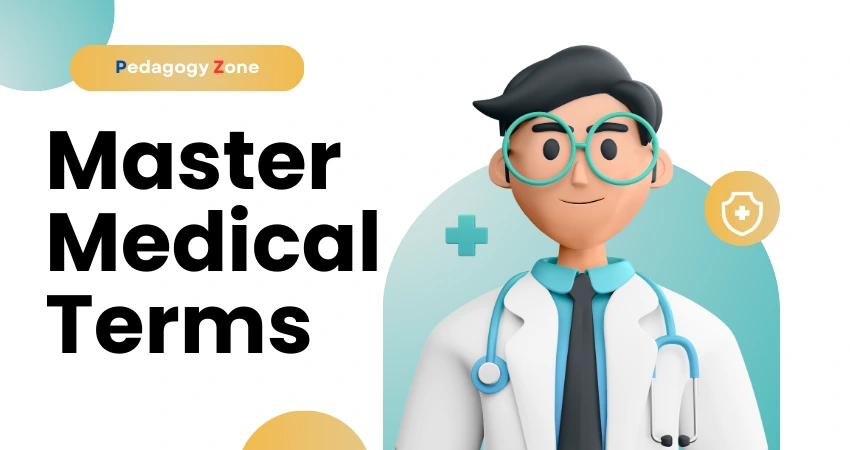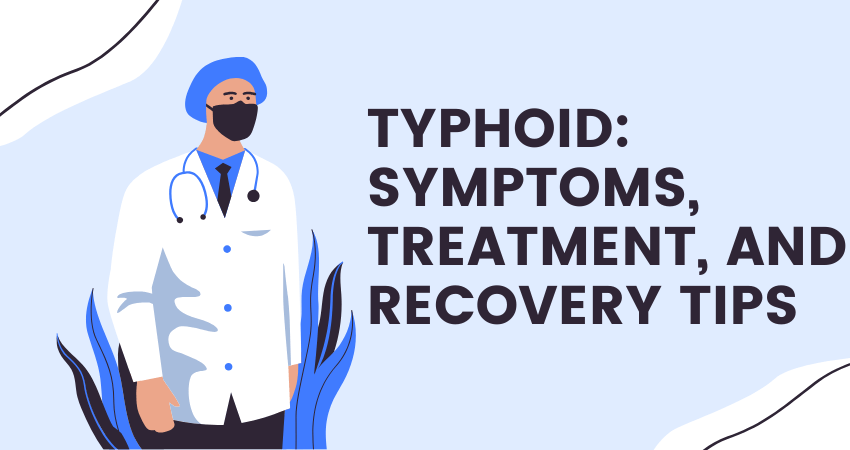What is Mental Health?
Mental health encompasses our emotional, psychological, and social well-being. It affects how we think, feel, and act, influencing our ability to handle stress, relate to others, and make decisions.
Key components include:
Emotional Health: Managing emotions and expressing them appropriately.
Psychological Health: Mental processes, including thoughts and attitudes.
Social Well-being: Interactions and relationships with others.

What is Physical Health?
Physical health pertains to the body’s condition and functioning. It involves maintaining a healthy lifestyle to prevent disease and promote longevity.
Key components include:
Fitness: Engaging in regular physical activity.
Nutrition: Consuming a balanced diet.
Medical Care: Accessing healthcare services for prevention and treatment.
The Mind-Body Connection
Historically, many cultures recognized the mind-body connection. Ancient Greek and Chinese medicine emphasized the balance between physical and mental health.
Today, science provides evidence for this connection through studies on stress, neuroplasticity, and psychosomatic medicine. It shows how mental states can affect physical health and vice versa.
How Mental Health Affects Physical Health
Stress and Its Physical Impact : Chronic stress triggers the release of cortisol, leading to various health issues such as hypertension, heart disease, and weakened immune function.
Anxiety and Cardiovascular Health : Anxiety disorders can lead to increased heart rate and blood pressure, posing risks for cardiovascular diseases.
Depression and Immune Function : Depression is linked to a weakened immune system, making individuals more susceptible to infections and illnesses.
How Physical Health Affects Mental Health
Regular physical activity releases endorphins, improving mood and reducing symptoms of depression and anxiety.
Nutrition’s Impact on Mood : A diet rich in vitamins, minerals, and omega-3 fatty acids supports brain function and emotional stability.
Chronic Illness and Mental Health : Living with chronic conditions like diabetes or arthritis can lead to mental health issues such as depression and anxiety.
The Role of Stress
Acute Stress: Short-term and can be beneficial, providing motivation and focus.
Chronic Stress: Long-term and harmful, leading to health problems.
Physiological Responses to Stress
Includes increased heart rate, muscle tension, and the release of stress hormones like adrenaline.
Psychological Responses to Stress
Can result in anxiety, irritability, and cognitive impairments.
Sleep and Its Importance
Quality sleep is essential for mental and physical health, affecting mood, cognitive function, and overall well-being.
Substance abuse can deteriorate both mental and physical health, leading to addiction and chronic health conditions.
Strong social networks provide emotional support, reducing stress and improving health outcomes.
Mental Health Disorders and Physical Health
Depression: Linked to chronic pain and cardiovascular disease.
Anxiety: Associated with gastrointestinal issues and heart problems.
Bipolar Disorder: Can lead to metabolic syndrome and obesity.
Their Physical Health Implications
Mental health disorders often result in neglect of physical health, poor lifestyle choices, and increased risk of chronic diseases.
Physical Health Conditions and Mental Health
Heart Disease: Often accompanied by depression and anxiety.
Diabetes: Linked to depression and stress.
Chronic Pain: Can cause depression and decreased quality of life.
Their Mental Health Implications
Chronic physical conditions often lead to feelings of hopelessness, anxiety, and depression due to ongoing pain and limitations.
Prevention and Management Strategies
Incorporate both physical and mental health practices, such as mindfulness, balanced diet, and regular exercise.
Medical and Therapeutic Interventions
Combining medication with therapy can effectively manage both mental and physical health conditions.
The Role of Healthcare Providers
Encourage coordination between mental and physical healthcare providers to offer comprehensive care.
Importance of a Multidisciplinary Approach
A team of specialists, including doctors, therapists, and nutritionists, can address all aspects of health.
Real-life stories highlight the importance of considering both mental and physical health in treatment plans.
Insights and Lessons Learned
These stories provide valuable lessons on managing health holistically.
New studies continue to explore the mind-body connection, revealing innovative treatments and interventions.
Potential Advancements in Treatment
Future advancements may include personalized medicine, integrating genetic, mental, and physical health data for tailored treatments.
[sc_fs_faq html=”true” headline=”h2″ img=”” question=”Can improving physical health improve mental health?” img_alt=”” css_class=””] Yes, improving physical health through regular exercise, a balanced diet, and adequate sleep can positively impact mental health, reducing symptoms of depression and anxiety. [/sc_fs_faq]
| Read More Topics |
| Synthetic cholinergic blocking agents |
| Introduction of sympathomimetic agents |
| Biosynthesis and catabolism of acetylcholine |





